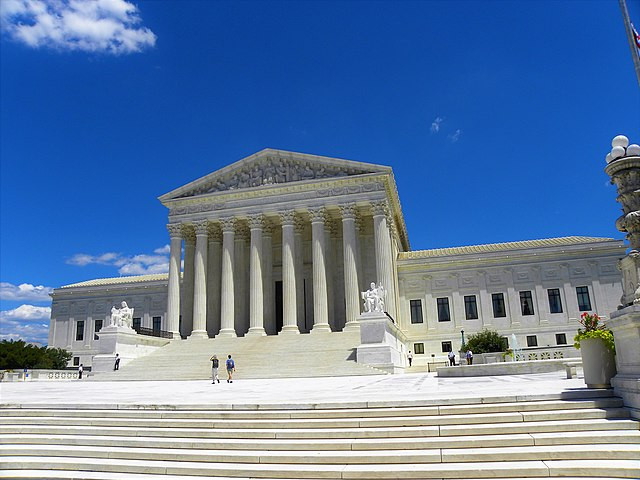In a landmark decision that could reshape the U.S. regulatory landscape, the Supreme Court overturned the 40-year-old precedent known as Chevron deference. The ruling in the case of Loper Bright Enterprises vs. Raimondo has set off what some legal experts describe as a "legal earthquake," with immediate consequences rippling through the judiciary. Four days after the ruling, the justices announced the remanding of nine cases back to lower courts, signaling the beginning of a significant legal upheaval.
"The majority's decision today will cause a massive shock to the legal system," Justice Elena Kagan wrote in her dissenting opinion. This sentiment captures the anxiety among many legal scholars and practitioners about the potential widespread impact of reversing the 1984 Chevron v. Natural Resources Defense Council decision, which had allowed judges to defer to federal agencies' interpretation of statutes when the language was ambiguous.
Chief Justice John Roberts, in his majority opinion, acknowledged the potential consequences, stating that "the holdings of those cases that specific agency actions are lawful." However, this stipulation might not be sufficient to prevent the anticipated disruptions. Cary Coglianese, a law professor at the University of Pennsylvania, noted that the ruling leaves room for prior cases to be challenged, as it does not fully protect agencies' past interpretations of laws.
The Pacific Legal Foundation (PLF) is poised to capitalize on the ruling. Representing multiple plaintiffs, PLF had advocated for the end of Chevron deference and now sees an opportunity to reopen previously settled cases. "Not only has the conservative legal movement long been pushing for the downfall of Chevron deference, but key groups actually lined up challenges ahead of the ruling to immediately benefit from the new regulatory landscape they created," said Caroline Ciccone, president of Accountable.US, a nonpartisan research organization.
The Supreme Court's decision has also emboldened other conservative and anti-regulation groups. The Balancing Act Project, the Competitive Enterprise Institute, and Americans for Prosperity are among those preparing to launch new legal challenges and lobbying efforts. These organizations have publicly celebrated the ruling, viewing it as a victory against what they see as the overreach of unelected federal bureaucrats.
The legal landscape shifted further with the Supreme Court's ruling in Corner Post v. Board of Governors of the Federal Reserve System, which expanded individuals' rights to sue regulators. This, combined with the reversal of Chevron, conveys a clear message from the court: the judiciary is now more open to hearing complaints about agency power.
The education sector is particularly vulnerable in the wake of these decisions. The Supreme Court's recent curbing of federal oversight in education could have far-reaching consequences. The U.S. Department of Education, which has played a crucial role in protecting students and overseeing schools, may find its powers significantly diminished. Amy Laitinen, a former senior policy advisor at the Department of Education, expressed deep concern, saying, "I don't think there's any doubt that it will be bad for students and taxpayers."
The ruling in Loper Bright Enterprises v. Raimondo, coupled with other recent decisions, fundamentally recasts the balance of government power away from the executive branch. This shift leaves agencies like the Department of Education more susceptible to legal challenges, potentially stalling key regulations aimed at helping students. The National Education Association warned that students nationwide would "pay the price" for the demise of Chevron deference.
Senator Bill Cassidy, a Republican from Louisiana, praised the decision for curbing the "unfettered power" of federal bureaucrats. Chief Justice Roberts, in his majority opinion, emphasized that it is the judiciary's role to interpret the law, rather than deferring to federal agencies. However, Justice Elena Kagan, in her dissent, warned that excluding the expertise of federal agencies would come at a significant cost.
The long-term implications of these rulings remain uncertain. Vanessa Miller, an assistant professor of education law at Indiana University Bloomington, highlighted the unpredictability of the situation, noting, "We don't really know how it's going to unfold. That's the complicated and scary part."






